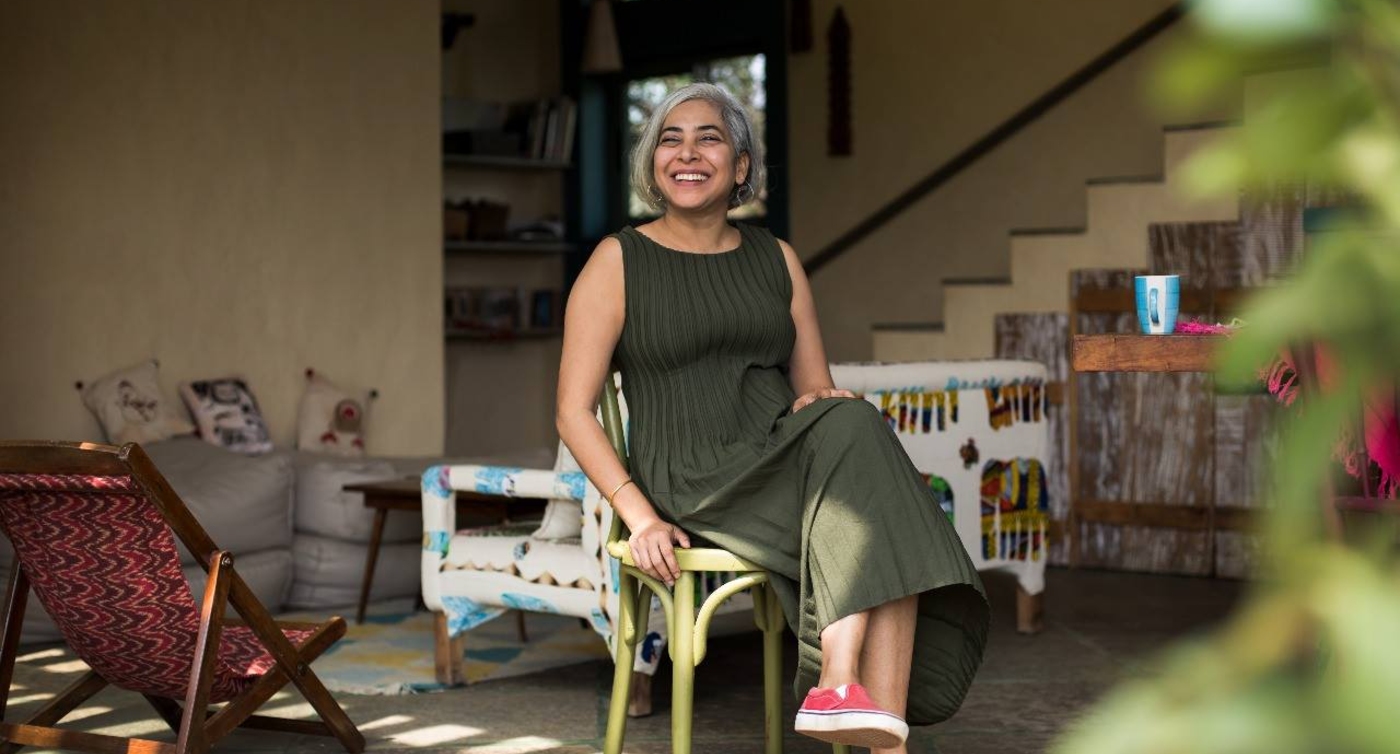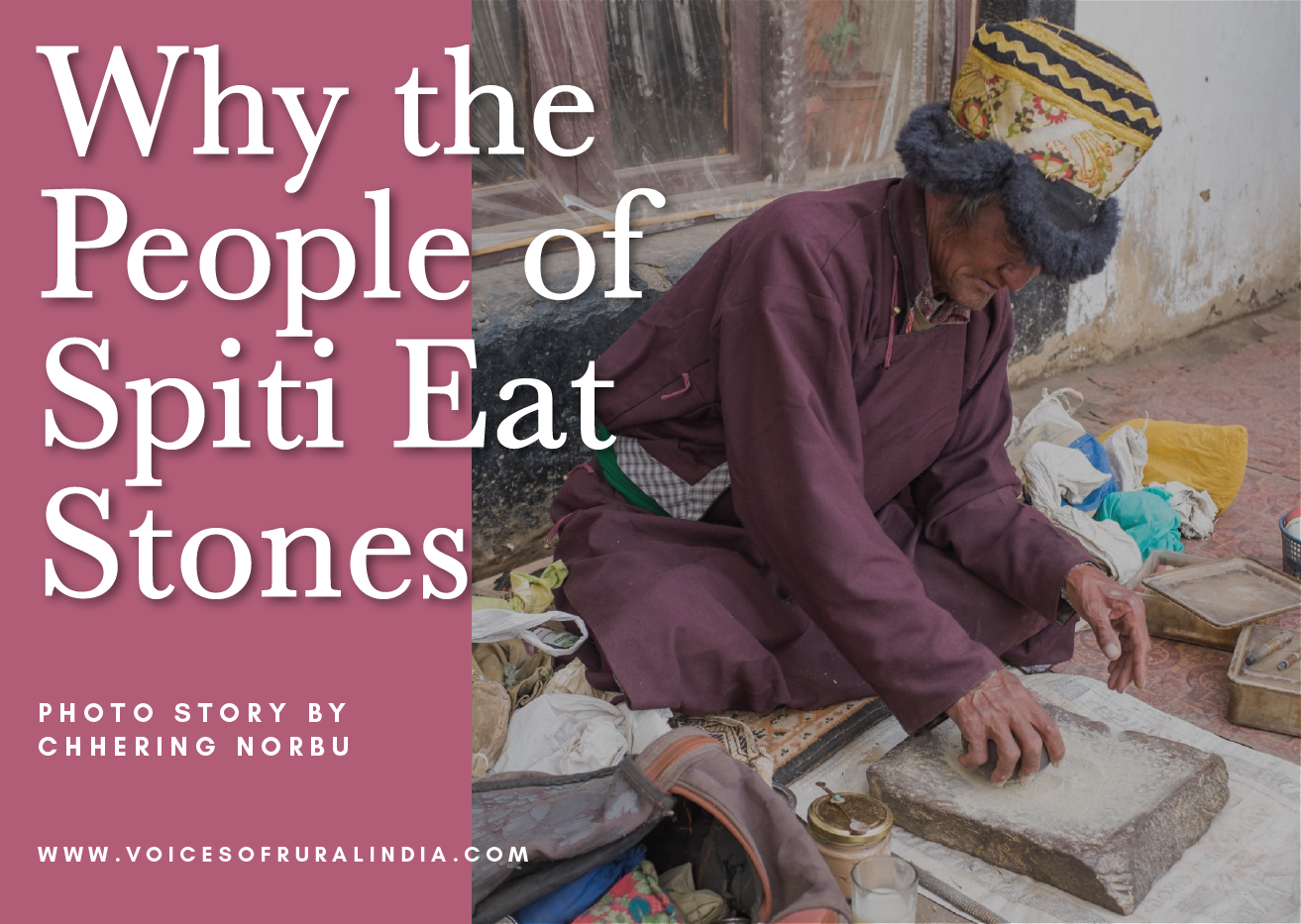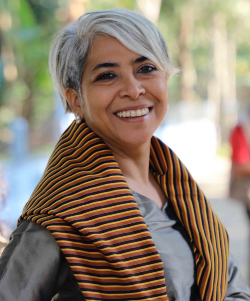
Julie Kagti, Founder of Curtain Call Adventures
16 April 2020
It was in December 2019 that I started to see news reports regarding the outbreak of the new Coronavirus in China, but gave it little thought. There were more immediate concerns to occupy me. Civil protests and curfew against the Citizenship Amendment Act were rampant in Assam and Tripura. This period of unrest coincided with the peak tourist season in the Northeast; the famed Hornbill Festival in Nagaland was underway. But, overnight, hotels and travel operators were swamped with cancellations and calling off ongoing tours.
Covid strikes
In end-January we resumed our customised tours, and domestic travellers began to book trips for the months of April and May during the Indian summer vacations. However, in March the WHO declared Covid -19 a pandemic. It could not be ignored as the death toll rose rapidly in Europe and made its way to Indian shores. In the Northeast, Sikkim and Arunachal Pradesh were the first of the eight states to issue a travel ban as medical facilities are constrained and the potential risk of the virus spreading among the local communities had to be contained. We immediately started negotiating with our partners to postpone trips to the latter part of 2020 or early 2021 without any financial loss to the clients and in certain cases a full refund was provided.
To incur a loss of income twice in a single season has left the North East tourism sector, both established and newcomers, very vulnerable. Downsizing, cutting back on salaries, staff rotations and shutting down offices in rental properties is the bitter flavour of this season. The workforce in the industry—the tourist cab drivers, travel guides and activity providers—bear the brunt of working in a sector without clearly defined unions and mandates for crisis situations. Most have gone back to their family homes in the villages to wait it out.
Time to reboot
Tourism in the Northeast is seasonal (October to May) because the monsoon plays havoc, with floods in the plains and landslides in the hills. Most international travellers to the region come from Europe and America both of which are severely affected by the virus. In all likelihood till the end of next year or early 2022 most travel is likely to be domestic. I am optimistic that we will survive this and am taking this crucial time to reboot and promote the region. Under lockdown the captive audience for an Instagram live chat or a Zoom webinar is large. As an organisation we are working to create a platform for small activity providers in the region, liaising for partnerships with other operators and enhancing our social media expertise. I believe the post pandemic traveller will be of a younger demographic—active, keen to cover one or two destinations with shorter interest specific itineraries.
Addressing the ‘New Normal’
How is the tourism sector going to create a demand for the Northeast and what steps need to be taken to ensure that safety measures are taken to address the ‘New Normal’ in travel to boost confidence of travellers to a region that is relatively unknown even in the rest of the country?
While the Indian government has provided broad based support, like deferring EMI and GST payments for three months, questions remain around what additional financial support will be provided to support the industry? Will the government offer soft small loans with a long recovery period to operators registered with the board of tourism to help tide over the immediate requirements as requested by the numerous tour operator associations?
The areas of focus for the immediate and long-term future can be broadly categorised into the following areas:
a) Financial intervention and government support
There is consensus among people in the industry that Government intervention is required. The private sector and tourism ministry along with the ministry of Development of Northeastern Region need to become joint stakeholders in creating a mandate for the travel industry to follow post the pandemic with inputs from the health ministry. The central government should also renew the scheme of Leave Travel Concession. This is a reimbursement of airfare and transport offered to central government employees once a year.
The Government should discourage mass group travel in the region and encourage operators to offer overall best value packages to clients instead of cutting corners and creating a downward spiral of discounted fares. In villages and remote areas create awareness and dispel fear among the local communities and make them stakeholders to develop homestays and small activity businesses with proper low impact inputs to cater to demands of the urban traveller. It is the perfect opportunity for the joint stakeholders to look at sustainable models to develop infrastructure like waste management systems, toilets, safe drinking water facilities and zero single use plastic policies in rural and semi rural tourist destinations. It will also provide more income in the region.
A stakeholder corpus can be formed with contribution from all parties so that it can be used when the next disaster strikes.
b) Revive and increase demand for the Northeast
The tourism ministry should actively promote the Northeast as a safe travel destination and provide operators promotional channels to show case real stories of travel in the region and do short voluntary interviews with previous guests. Ideally for more impact and support the Northeast industry needs to come together as a whole to send a clear message out to the rest of the world ‘we mean business in the new ‘normal’ travel world.
c) Create confidence in the ‘new normal’
Each operator will have to address this in their own way to build trust with their potential clients. Currently we are setting up small presentations for our local partners and team to understand the concerns that guests will have post the pandemic. Some are simple like providing hand sanitisers and clean cloth masks which can be created locally to provide an additional income to creating guidelines for hygiene and housekeeping standards that will have to be met to dispel any myth that properties or homestays are not safe.
We are putting a lot of effort on creating and partnering with other operators for low impact activities in destinations that we take our guests to like cooking experiences, half day walking tours and textile related immersive activities.
Social media posts, YouTube videos, Instagram live and -Zoom are some great platforms to connect with people. Share glimpses into the region and its people. Also to Introduce our services.
Taking proactive steps will ensure that the communities and travel companies in the Northeast land on their feet after the crisis.
(Photo by Shalini Siva Prasad @orka.photography)
(The author thanks Ms Shreya Barbara, Mr Arijit Purkayastha, Mr Ashish Phookan, Mr David Angami, Mr Hemanta Das, Mr Rajib Ahongsangbam, Mr Dilip Burman, Mr Ankur and Mr Pinto Gyatso for sharing their thoughts on the current situation of tourism in the Northeast.)







